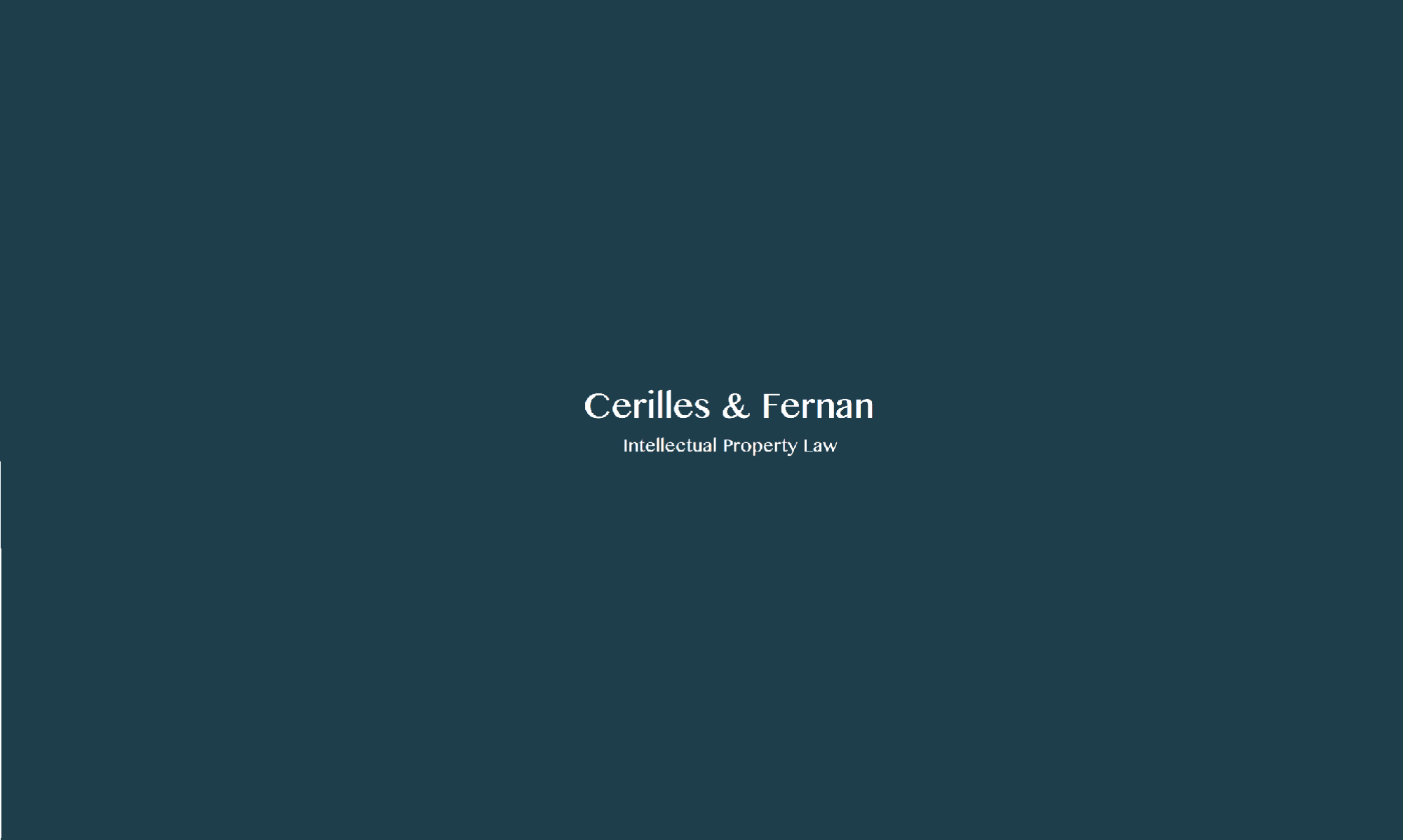Among the consequences of the ongoing community quarantine is the avalanche of home-baked goods that suddenly became available at our doorsteps. As our favourite restaurants closed down, talented chefs and bakers strived to continue satisfying our food cravings. However, do you ever wonder if the secretly kept recipes for these goods are protected from copycats? Let us explore ways by which our laws protect those recipes:
- Trade Secrets and Contracts
We believe that secret recipes may fall under the category of “trade secrets”. Trade secrets include secret formulas or non-patented processes, used in the creation of commercially valuable products, which are known only to the individuals using them.[1] Relatedly, our Intellectual Property Code (IP Code) explicitly mentions the protection of undisclosed information. However, it does not prescribe specific means by which to protect such information.
One way to protect recipes from third parties is through contracts such as non-disclosure agreements. These are particularly helpful for restauranteurs whose staff members regularly handle secret recipes. Notably, laws such as the Philippine Competition Act and the Consumer Act of the Philippines have effectively recognized the validity of agreements that protect trade secrets.[2]
- Patent or Utility Model (UM)
Theoretically, patents could be used to protect recipes. However, due to strict requirements,[3] they are often availed of only by scientists and food technologists. To begin with, it must be shown that a recipe involves a step that will result to non-obvious results.[4] However, many recipes do not satisfy this requirement. Merely adding sugar to a cookie recipe, for instance, is expected to make the cookie sweeter and, is therefore not patentable. Similarly, applying for a UM would be a challenge due to the requirement of novelty.[5] For recipes to be registrable as UMs, they should be new, or they should not have been previously made available to the public.[6] Unfortunately, most recipes are obvious variations of past recipes.
- Copyright
A U.S. Court once considered recipes that were attached to a food product, as original compositions that were copyrightable.[7] However, the strength of this decision has waned over the years and a recent decision has held that a recipe that is not accompanied by substantial literary expression is not copyrightable.[8] In either case, copyright protection extends only to the recipe as expressed on a certain medium (i.e., paper). It does not prevent anyone from following a recipe and replicating a certain food product, making one wonder if disclosing the recipe in a cookbook is even advisable.[9]
- Trademarks
Trademarks do not protect recipes. However, they could be used to protect the packaging for goods.[10] Considering that some food packages are so unique that they become synonymous with famous goods (think Toblerone), trademarks remain very useful to business owners.
Currently, there are calls to give ample protection to trade secrets through the enactment of a comprehensive trade secret law. It is unclear, however, whether this will ever happen. In the meantime, we just have to rely on other remedies.
For questions regarding this article, please email us at inquiry@cfiplaw.com.
Note: The article above is for informational purposes only and does not constitute legal advice.
[1] Air Philippines Corporation vs. Pennswell, Inc., G.R. No. 172835
[2] R.A. 10667, Section 15(e)(2)
[3] https://www.uspto.gov/learning-and-resources/newsletter/inventors-eye/can-recipes-be-patented
[4] Intellectual Property Code, Section 26
[5] Intellectual Property Code, Section 109.1
[6] Intellectual Property Code, Section 23
[7] Fargo Mercantile Co. v. Brechet & Richter Co., 295 F. 823 (8th Cir. 1924)
[8] Barbour v. Head, 178 F. Supp. 2d 758 (S.D. Tex. 2001)
[9] https://www.bradley.com/insights/publications/2019/07/intellectual-property-protection-for-recipes
[10] https://cfiplaw.com/2020/10/can-your-trademark-be-registered/; Sec. 121, IP Code of the Philippines.


